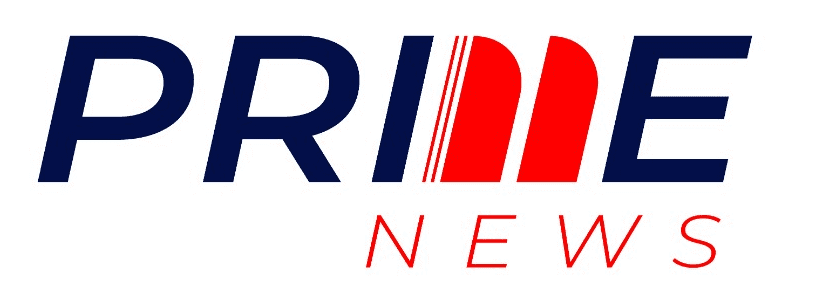A survey that was conducted by the Centre for Global Development during the period between February 2019 and November 2020 found that almost 60% of youth in Uganda are now involved in the gig economy due to job losses arising from the COVID-19 pandemic.
The survey was based on interviews conducted among 13,732 households. The gig economy refers to a labour market characterised by short-term contracts or freelance work as opposed to permanent jobs.
Today, more employers are scaling down their reliance on permanent employees and have turned to independent contractors to meet their human resourcing needs. While this may reduce the wage bill and limit employers’ obligations towards workers, it may have significant tax consequences if not done right. The line between independent contractors and employees is often blurred and employers run the risk of having their workers treated as employees for tax purposes if certain considerations are not carefully thought through.
Whether a worker is an independent contractor or an employee depends on the relationship with the employer based on a range of factors. One critical factor is specifically the level of control exercised over the worker. If the employer controls what will be done and how it will be done, then the individual is most likely an employee. For example, a person can be regarded as a permanent employee if they are required to report to work by 8 AM, use the office-assigned laptop for their work, are restricted from accessing certain websites on the work laptop, are prohibited from providing services to other entities and must also account for their time by completing a daily timesheet.
That said, it is often not black or white and there are certain other factors that are considered when assessing the level of control / relationship between the worker and the employer. For example, whether the employer directs or controls the financial and business aspects of the worker’s job, whether they provide the worker with tools for use in their work (computers, stationery, printing facilities) or determine how the worker is paid (periodic payments regardless of the work done) and whether the worker enjoys employee-type benefits such as leave pay, health insurance and sick leave.
Crystal Kabajwara is the Director, Tax & Legal Services at PricewaterhouseCoopers (Uganda) Limited.

